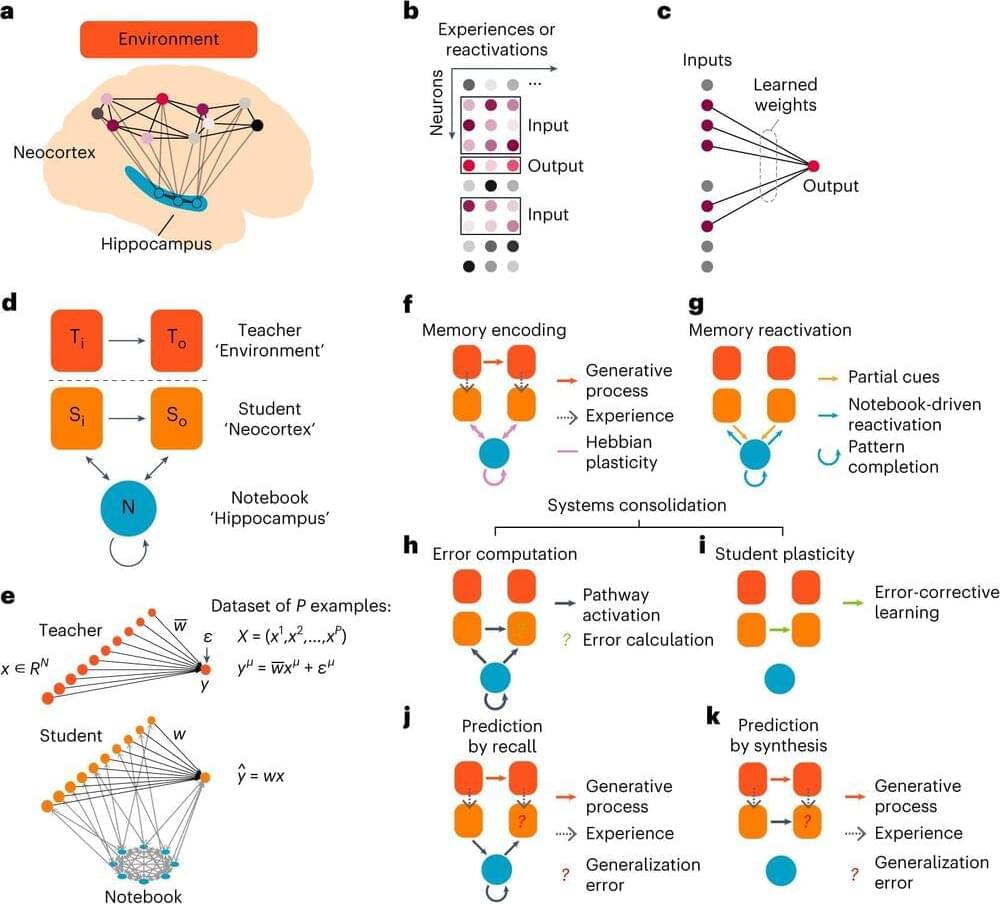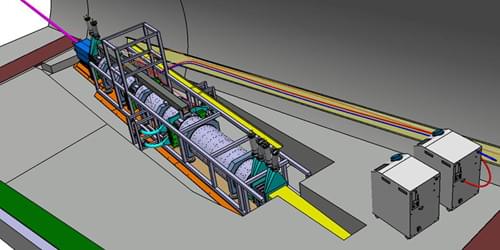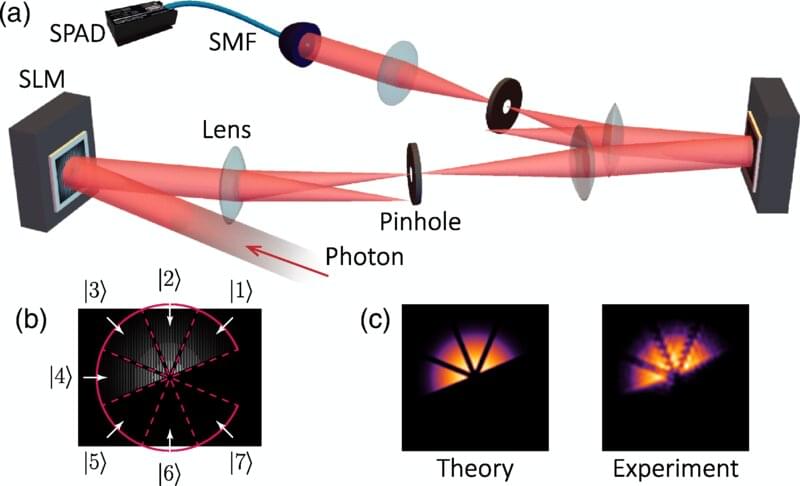The first observation of neutrinos produced at a particle collider opens a new field of study and offers ways to test the limits of the standard model.
Neutrinos are among the most abundant particles in the Universe, but they rarely interact with matter: trillions pass through us every second, but most of us will never have even a single one interact with the matter in our bodies. Nonetheless, scientists can study these particles using high-intensity neutrino sources and detectors that are large enough to overcome the rarity of neutrino interactions. In this way, neutrinos have been observed from the Sun, from cosmic-ray interactions in the atmosphere, from Earth’s interior, from supernovae and other astrophysical objects, and from artificial sources such as nuclear reactors and particle accelerators in which a beam of particles hits a fixed target. But no one had ever detected neutrinos produced in colliding beams. This feat has now been achieved by the Forward Search Experiment (FASER), located at the Large Hadron Collider (LHC) at CERN in Switzerland [1].
As neutral particles, neutrinos cannot be directly observed by detectors of the kind used in particle colliders. Instead, scientists study neutrinos via the particles produced when incoming neutrinos interact with matter: the properties of the incoming neutrinos can be inferred from the measured properties of their interaction products. While these interactions are always rare, their probability increases with neutrino energy. In a particle collider, the highest energy neutrinos are most likely to be produced in a region of the collider where there are no particle detectors. Collider experiments are built to surround the colliding beams with detectors, with only a small central region left empty to allow for the entry and exit of the beams. It is in this empty “forward” region, along the collision axis, that the highest energy neutrinos are most likely to be produced.






